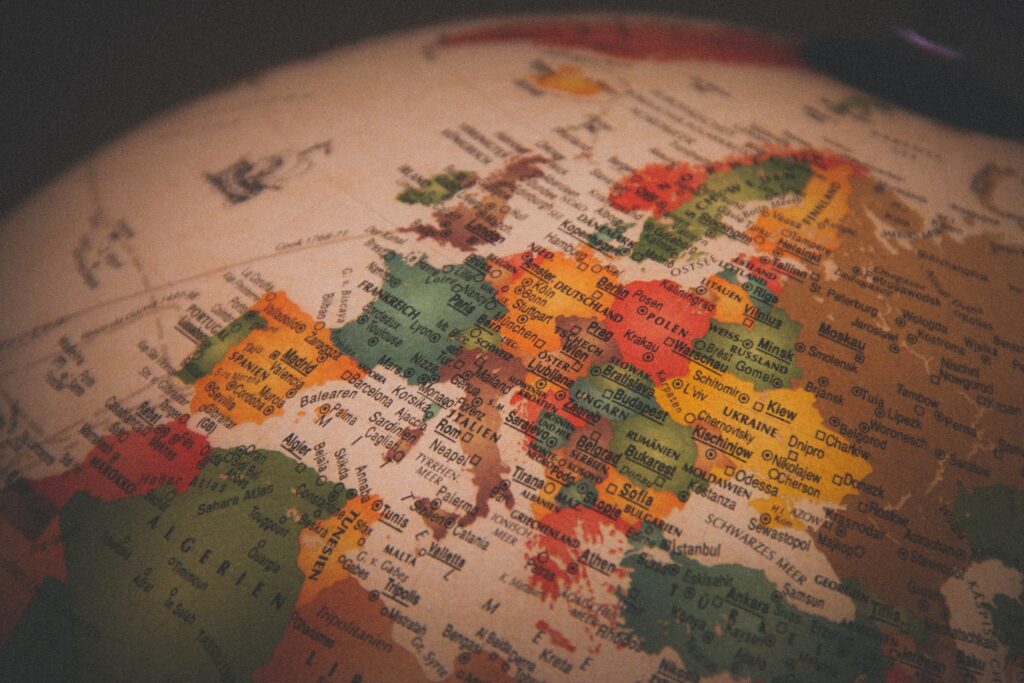Day 3 – What is Europe?

What is Europe? For citizens of EU member states the EU is often equal to Europe and vice versa. However, Europe spans further and covers European countries that made the deliberate choice to either stay out of the EU from the very beginning, such as Switzerland, or leave in tge process, such as the UK. At the same time there are countries that want to be part of the EU but did not manage yet to accede. The price for this pro-European path used to be high as the case of the Euromaidan suows very convincingly. How far should the EU further enlarge and when? These are some crucial questions that our generatiom faces and some of us will undoubtedly be an active part of these processes. It is at the same time without doubt that a clear European accession perspective carries an enormous political, economic, social and cultural incentive but also challenge with itself, as the accession experience of the “new” EU member states, which commenced in 2004, has shown. At the moment, however, the accession negotations for the Western Balkan countries are negatively affected by Eurosceptic tendencies in the EU member states itself. In addition to that, the geopolitical competition and relations with Russia are a reason the EU backs away from providing the Eastern Partnership countries, in particular Ukraine, Georgia, and Moldova, a clear and consistent accession perspective.
As our discussion has shown, there is a strong awareness in regard to these issues and their importance. There is also a great deal of agreement about the importance to find a solution towards general Euroscepticism and the negative spillover effects this phenomenon has on precisely the question of enlargement. Some debate arised about the issue of whether the EU should focus on an inward-looking conflict settlement process within the Union prior to engaging in enlargement. However, the general consensus was that both internal and external “growth processes” of the EU can and even must happen simultaneously, keeping in mind the potential of authoritarian powers filling the gap the EU might leave in these regions in case of inactivity.
(by Michael)
